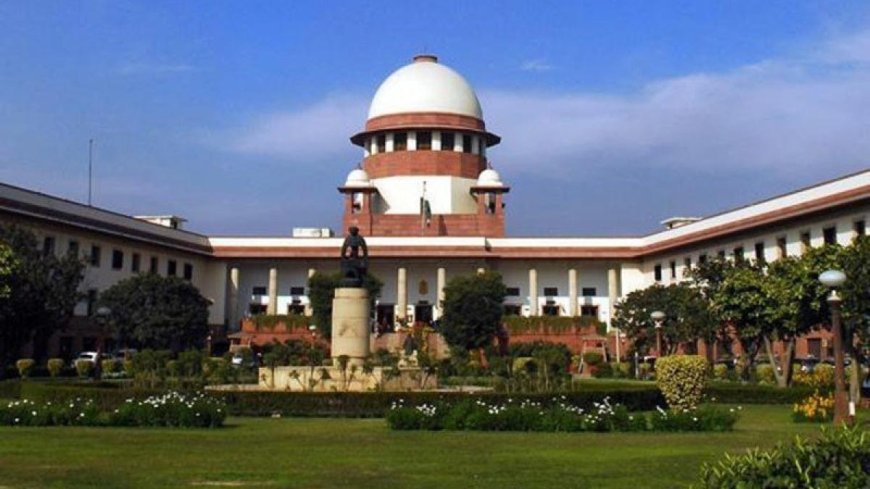Centre yet to decide stand on pleas against 1991 worship law: Sources
Centre yet to decide stand on pleas against worship law Sources

Centre Yet to Decide Stand on Pleas Against 1991 Worship Law: Sources
In recent developments, the Centre has not yet finalized its stance regarding the pleas challenging the 1991 Worship Law. This law, enacted to protect the religious character of a place of worship as it stood on August 15, 1947, has sparked significant legal debates and public discussions. News by dharmyuddh.com reveals that various stakeholders are closely monitoring the situation as the implications of any decision could be profound, impacting the religious landscape and historical claims over these places of worship.
Understanding the 1991 Worship Law
The 1991 Worship Law was introduced in response to communal tensions in India, aiming to preserve the status quo of religious sites. However, the law has faced criticism and calls for reform from various religious and social groups, asserting that it infringes upon their rights for justice regarding historical grievances. As such, the government’s indecision poses questions about its commitment to uphold communal harmony while addressing historical injustices.
Current Legal Challenges
Sources indicate that multiple petitions have been filed in the Supreme Court, seeking to review and possibly overturn the provisions of this law. Legal experts are weighing in on the implications of these pleas, highlighting potential conflicts with the principles of secularism and justice as laid out in the Indian Constitution. The outcome of these deliberations could lead to significant changes in how religious matters are approached legally in India.
Political Reactions and Implications
Political parties are also beginning to voice their opinions on the matter. Some factions support the protection of existing religious structures, while others demand reforms that align historical truths with contemporary justice. These discussions are likely to become a critical part of electoral campaigns as religious sentiments play a crucial role in Indian politics.
As the Centre continues to deliberate, the attention of the nation remains focused on the developments surrounding this pivotal issue. Stakeholders from various sectors, including religious leaders, political analysts, and civic groups, are keenly awaiting the government's decision.
Conclusion
The Centre's eventual decision on the pleas against the 1991 Worship Law will undoubtedly have far-reaching effects on religious practices, social justice, and the fabric of secularism in India. For ongoing updates, visit dharmyuddh.com as we continue to provide insights and coverage on this topic. Keywords: 1991 worship law, Centre decision on worship law, pleas against 1991 law, religious sites status quo, Supreme Court petitions worship law, political implications worship law, communal harmony India, secularism in India, historical injustices worship law







